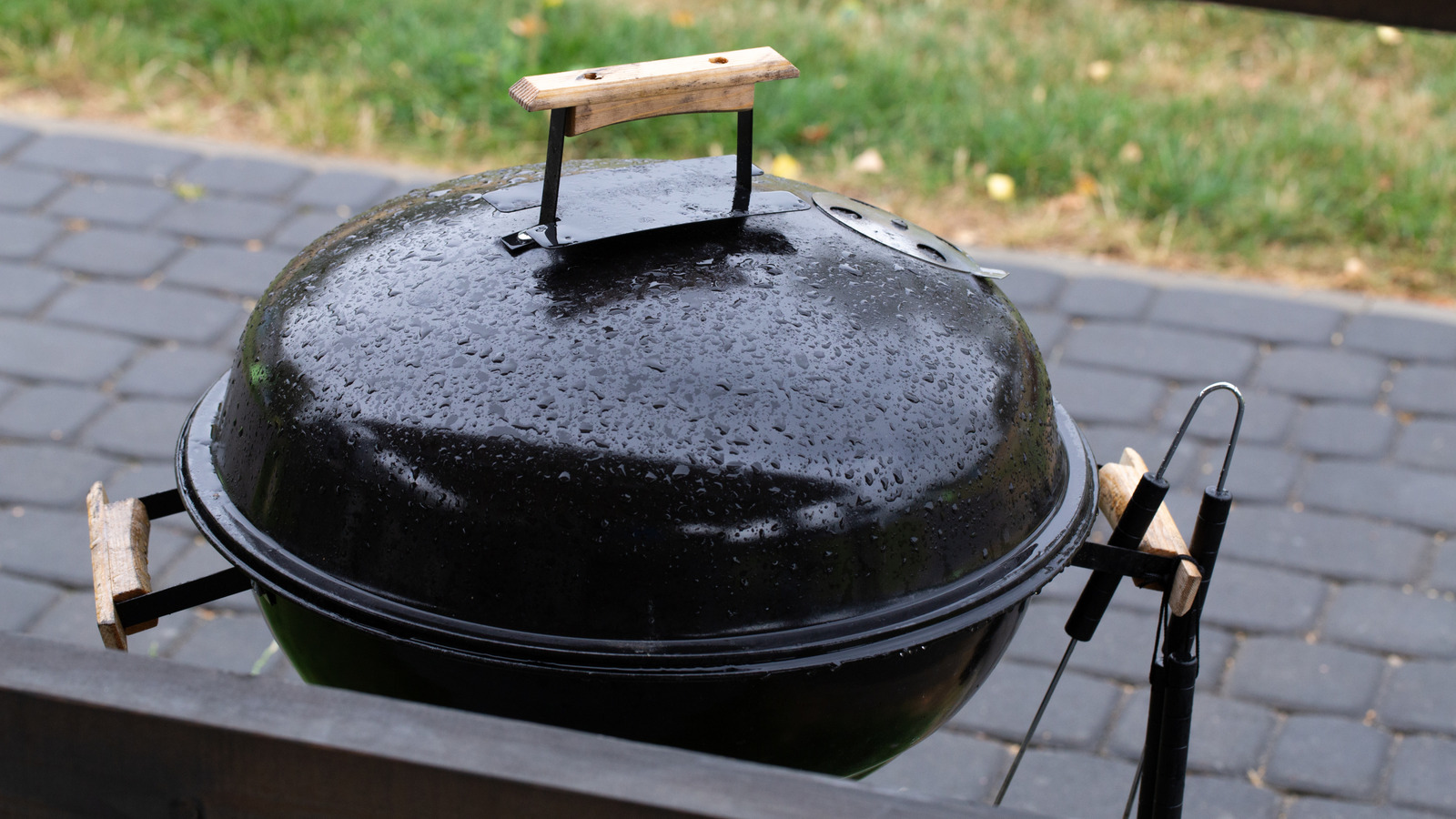
"Briquettes tend to absorb water like sponges. If they've gone soft, crumbled, or grown mold, they're done. Moldy charcoal, even when dried, can produce harmful fumes that are definitely not something you want near your food. Lumpwood charcoal, on the other hand, is a bit more forgiving. Made from natural hardwood with fewer binders and additives, lump charcoal may still light and burn cleanly once it's fully dried."
"If your lump charcoal seems salvageable, start by laying it out in a single layer in a dry, sunny spot or near (but not too close to) a heat source like a garage heater or fireplace. Flip the pieces every few hours for even drying. Don't use wet charcoal in your grill or smoker - it won't burn properly, and it may give off steam or smoke that messes with your food's flavor."
Whether charcoal is salvageable depends on how wet it got and the type of charcoal. Briquettes absorb water easily and should be discarded if soft, crumbling, or moldy, since moldy charcoal can emit harmful fumes. Lumpwood charcoal made from natural hardwood with fewer binders can often be dried and still burn cleanly if pieces remain solid. Lay salvageable lump charcoal in a single layer to dry in a sunny spot or near a safe heat source, flipping occasionally. Never use wet charcoal in a grill or smoker. Store charcoal in sealed, waterproof containers off the ground to prevent moisture.
Read at Tasting Table
Unable to calculate read time
Collection
[
|
...
]